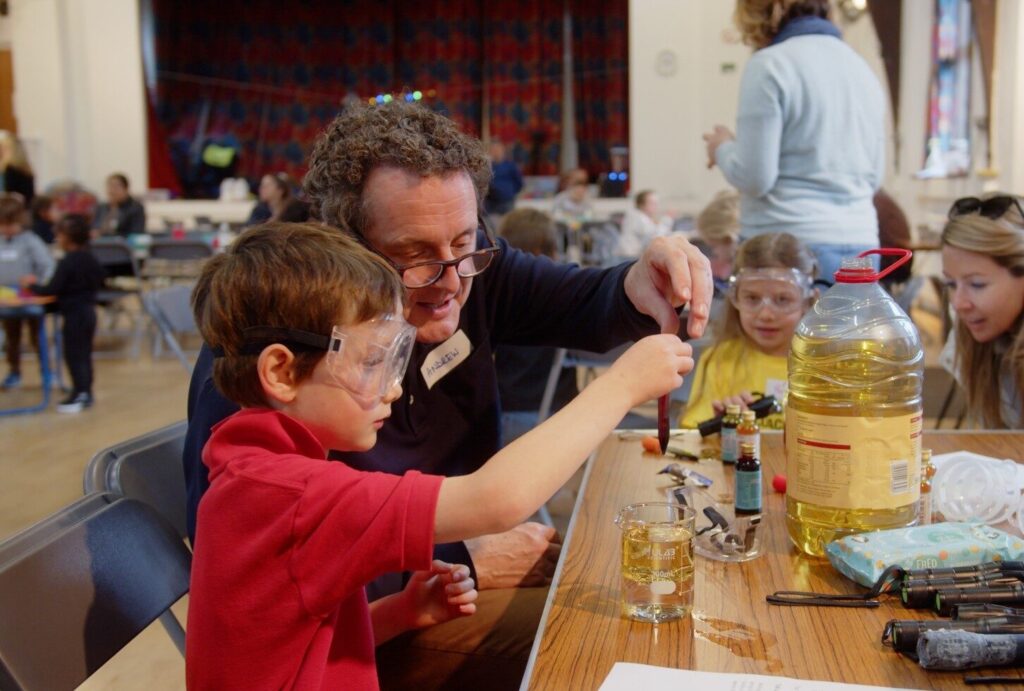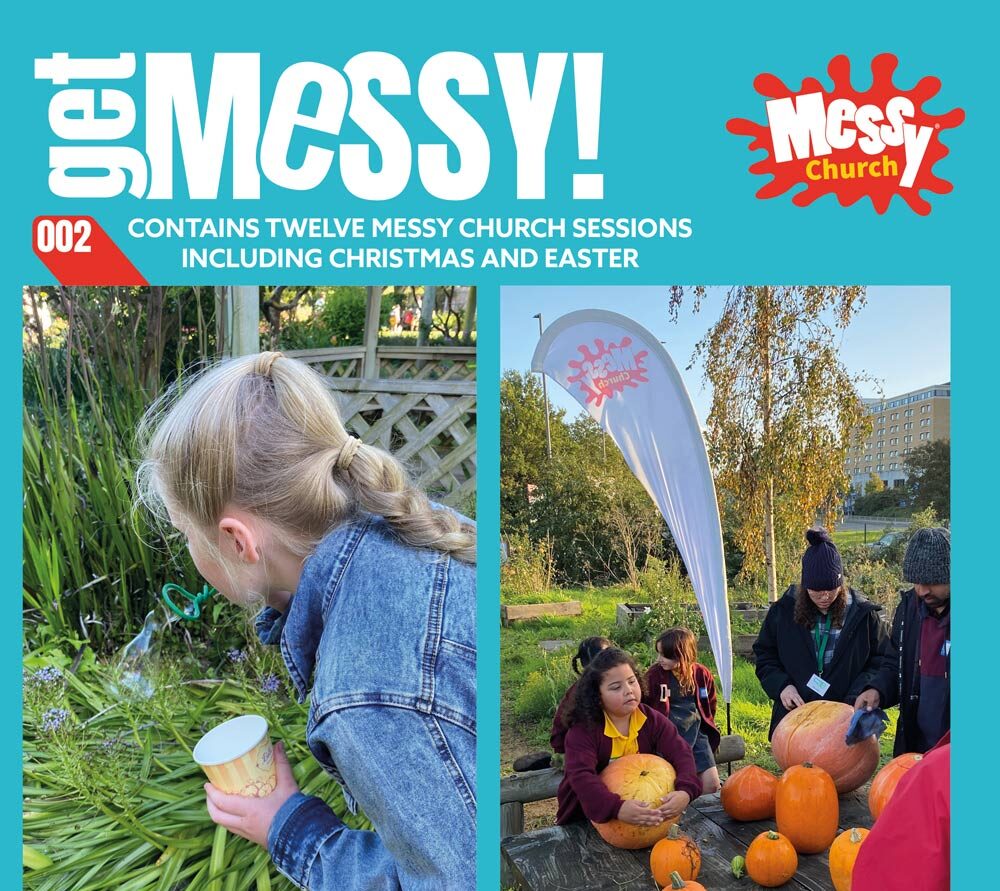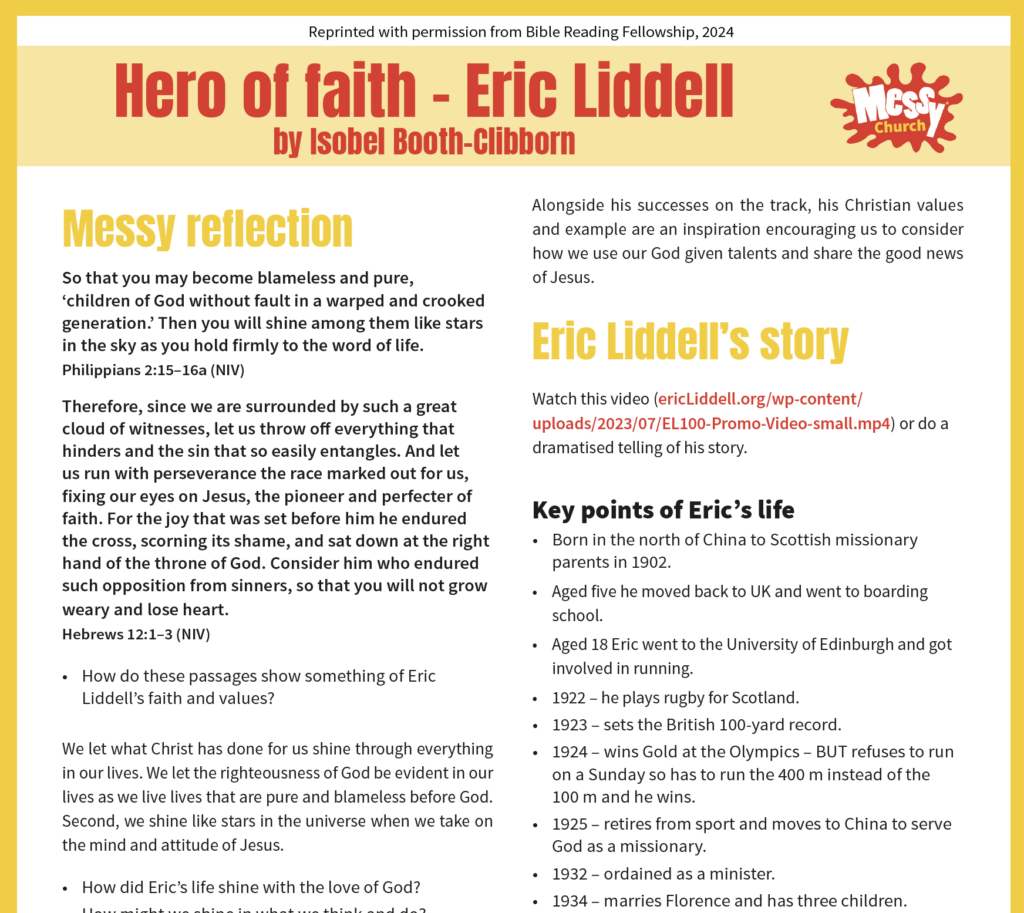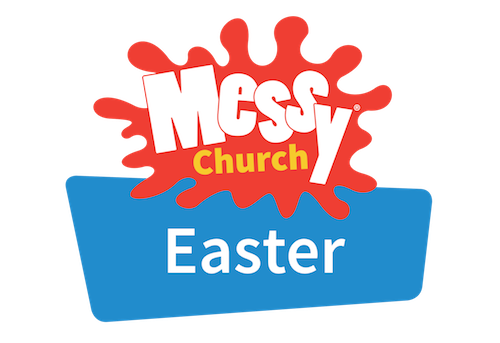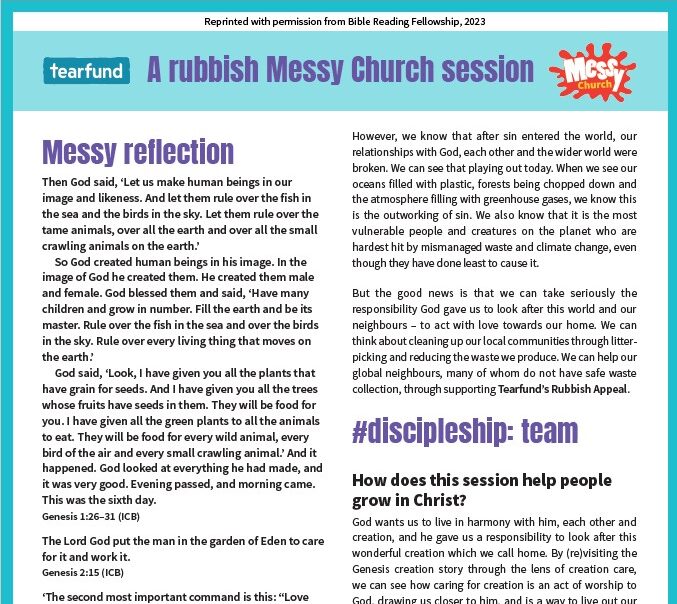It’s got lots of tips and hints on easy ways to make your Messy Church work on shoestring because ‘you don’t need posh crafts’.
How do we finance our Messy Church?
Crafts
- Borrow craft supplies and basic equipment from other people for the first few sessions: friendly Brownies, Cubs, playgroups and so on. Invest in your own when you are sure that your Messy Church will be long-term.
- You don’t need ‘posh crafts’ every time or even most of the time: some of the most successful activities use junk.
- Think about seasonal natural materials that can be collected for free, such as pine cones, feathers or mud.
- Investigate your local scrap store.
- If your church already has a large banner, for an Alpha Course for example, you could use the blank reverse side for a Messy Church banner. Remember that the CPO banners and other resources not only look great but also contribute towards BRF’s costs to run Messy Church centrally.
- Make friends with large stores that may have huge ex-display card shapes to donate.
Food shopping
- Opt into supermarket community schemes. Ask your local supermarket for help. Many employ community champions.
- Supermarket bag-packing is a popular fundraiser. Invite different families to take part each time. Use this activity as a promotional opportunity by giving out leaflets.
- Messy Church teams could share the crafts and food outlay.
- Invite the Messy Church congregation to bring food for Messy meal sharing a couple of times a year. It could be cold meats or quiches, and your Messy Church could supply the salad and bread rolls.
- Ask your core team where they go to do their family food shopping. If a variety of shops are highlighted, ask them to look for food bargains each month. Use a Messy food checklist of basic needs such as paper plates, sausages and ice cream, for example.
- Vegetarian food is often cheaper than meat-based recipes.
- Invite all congregations and church organisations, including children’s groups, to collect recycling items such as cardboard tubes, collage materials, yogurt pots and so on.
- Prepare a priced shopping list of things you regularly need. Invite people to buy something such as paint, glue, aprons and so on.
Useful questions to consider and pray about:
- What does charging or offering Messy Church for free say about God to the families who come?
- How do you think introducing money into Messy Church changes the relationship between the church and the families?
- Would you like families to give in order to cover costs or in order to learn about God and money?
- In an ideal world, how much would you like each family to contribute and why?
- Does your church consider the regular planned giving from the Messy Church team members as part of the giving that comes from Messy Church?
Let us know if you’ve got any ideas about how the ‘Maximise the Mess’ of your Messy Church on a budget. Join the conversation on Facebook and Twitter.
